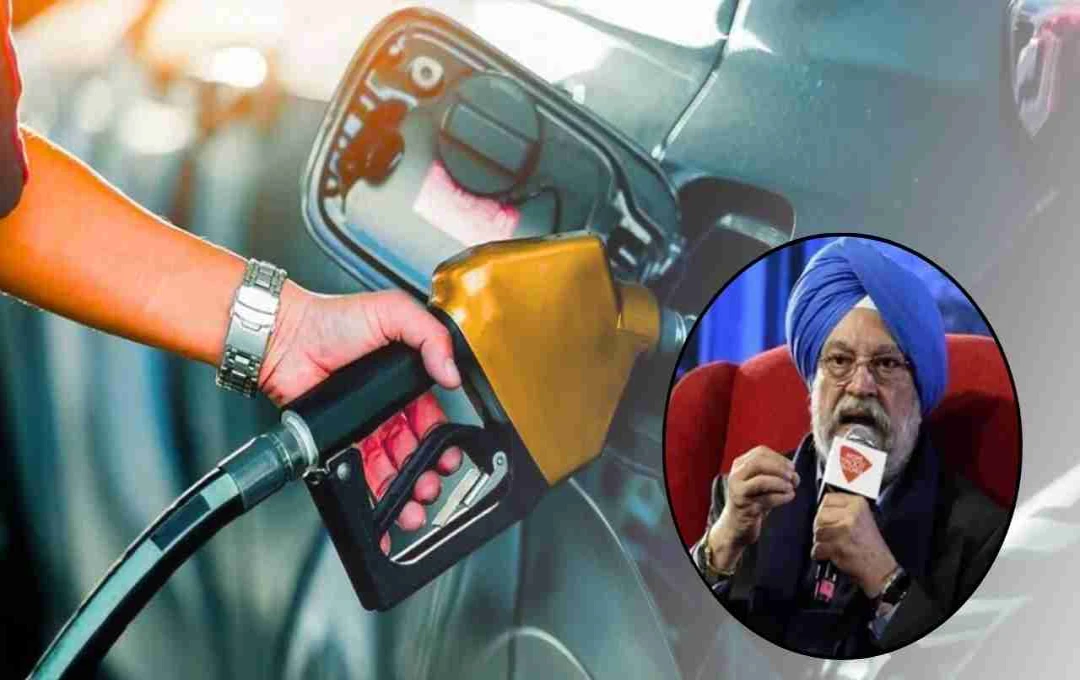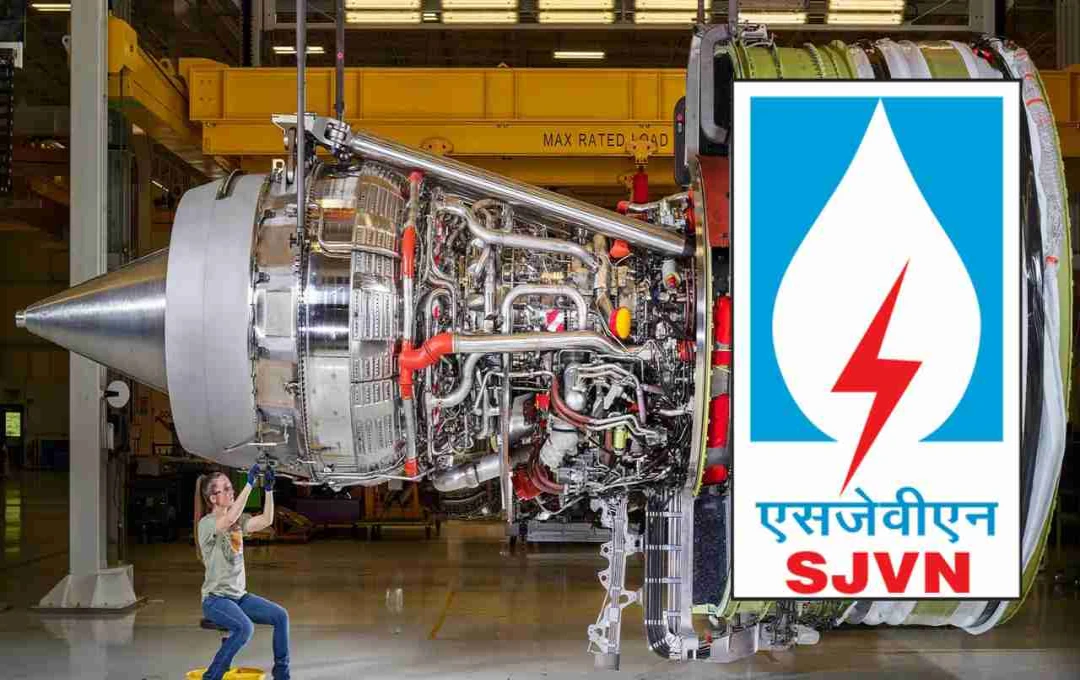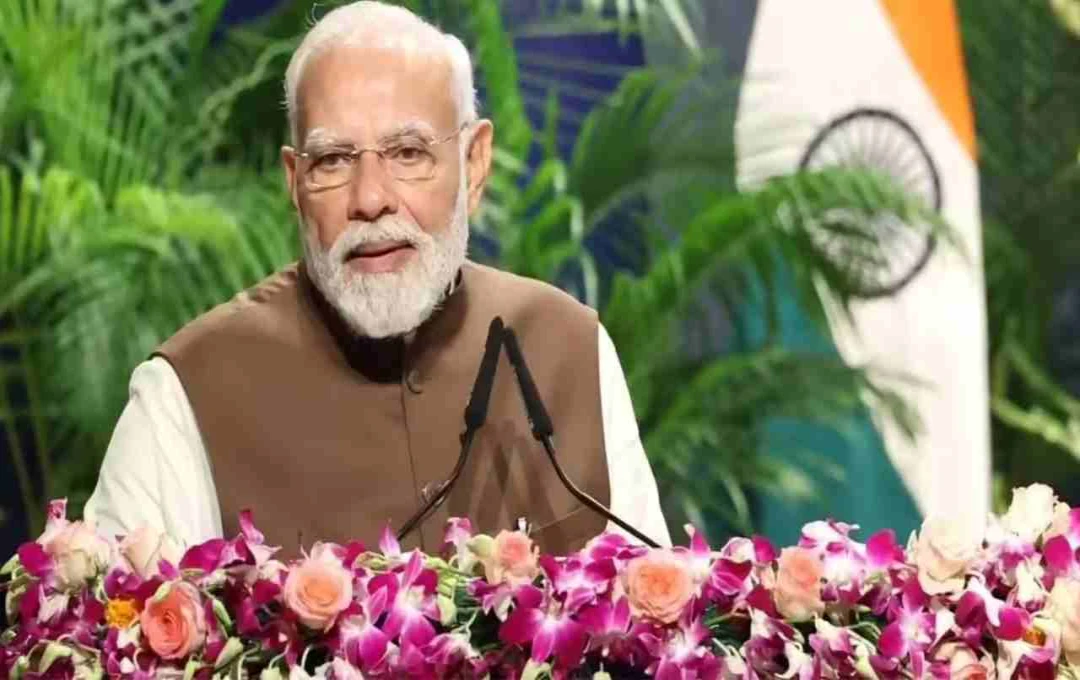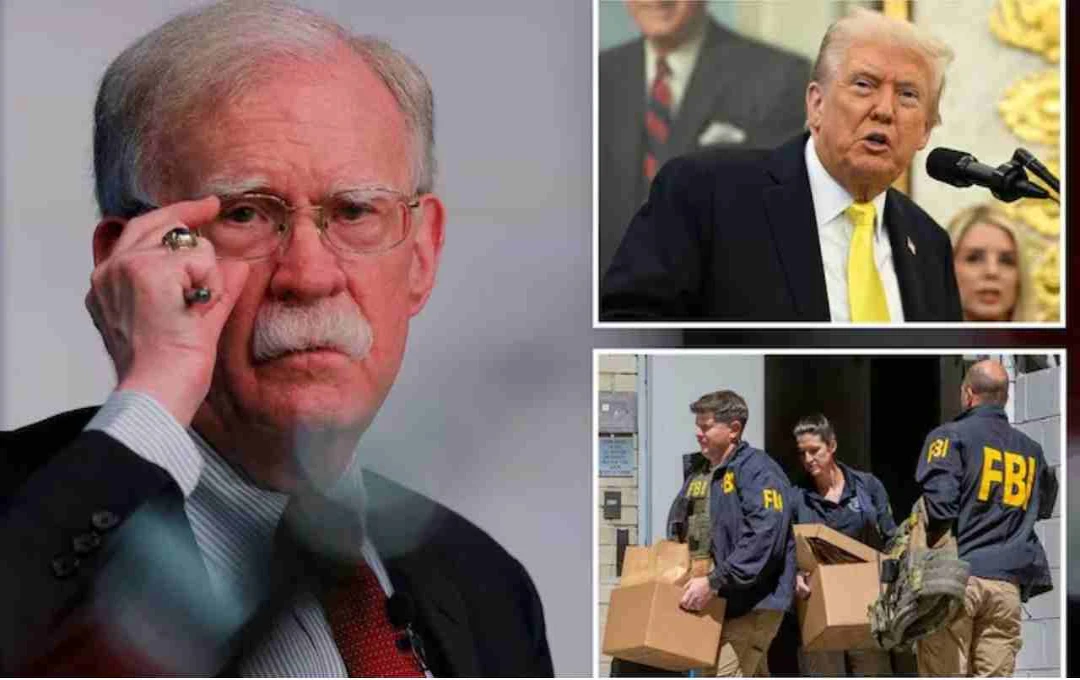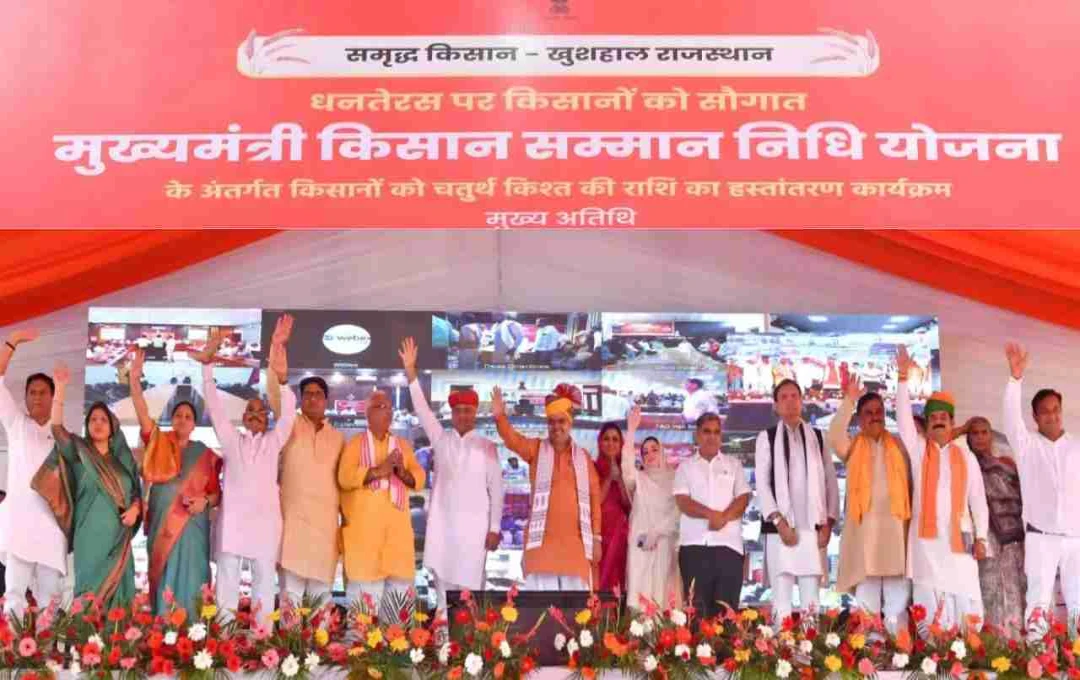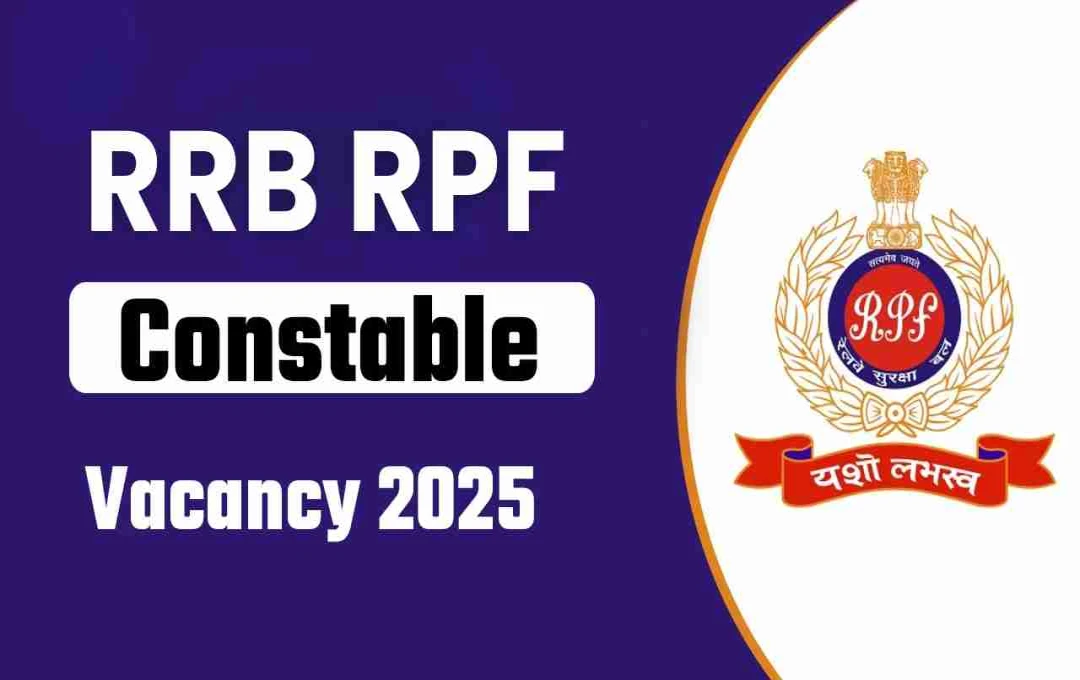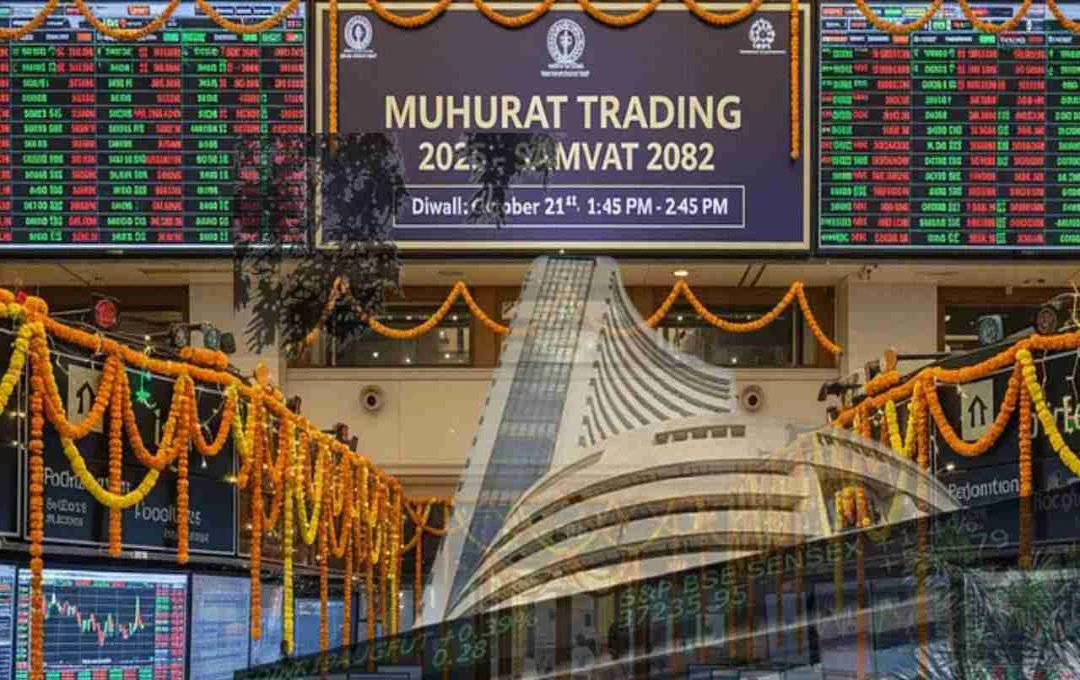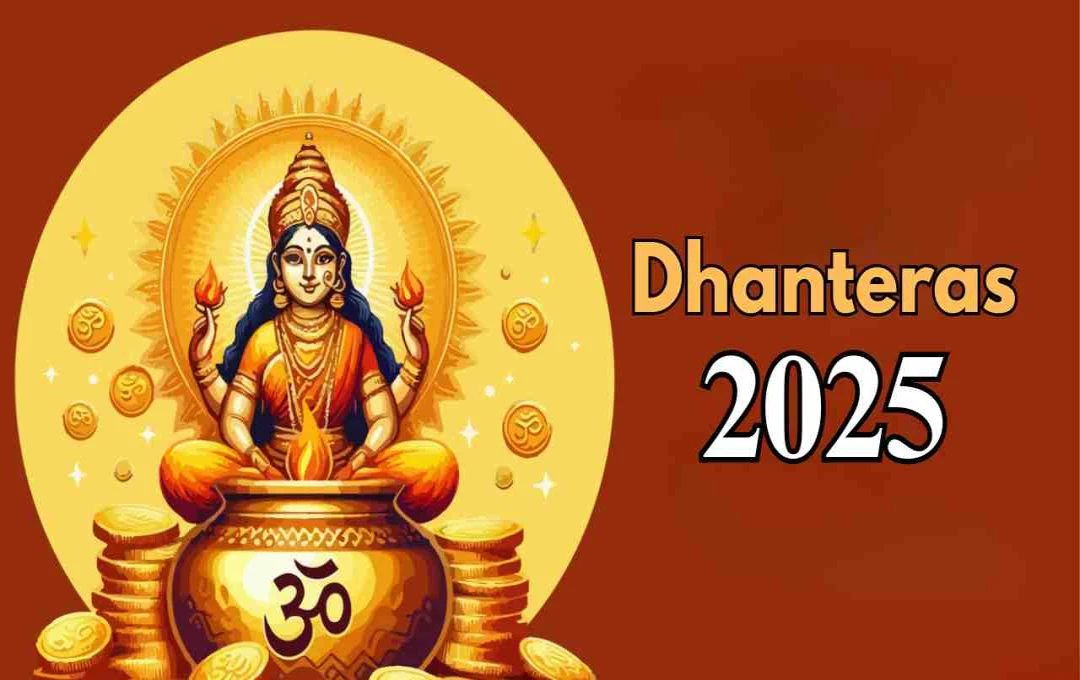Strait of Hormuz: Following a US attack on Iranian nuclear sites, crude oil prices have surged in international markets. What did India's Minister of Petroleum and Natural Gas, Hardeep Singh Puri, have to say about this?
Strait of Hormuz: Rising tensions between the US and Iran in West Asia have raised concerns about the potential closure of the Strait of Hormuz, causing significant turmoil in the global energy market. India, the world's third-largest oil importer, could be directly impacted by this crisis. The nation's preparedness and the response of Petroleum Minister Hardeep Singh Puri are under intense scrutiny.
What is the Strait of Hormuz and why is it important?
The Strait of Hormuz is a narrow waterway connecting the Persian Gulf to the Gulf of Oman and, subsequently, the Arabian Sea. It is considered one of the world's most crucial oil transportation routes. Approximately 20 percent of the world's oil transits this waterway, including crude oil exports from Gulf nations such as Saudi Arabia, Iran, Kuwait, the UAE, and Iraq.
India imports roughly 90 percent of its total oil requirements, with 30 to 35 percent of that oil passing through the Strait of Hormuz. Disruption to this route could have wide-ranging consequences for India's energy supply, prices, and overall economy.
Increased Tensions Following US Attack
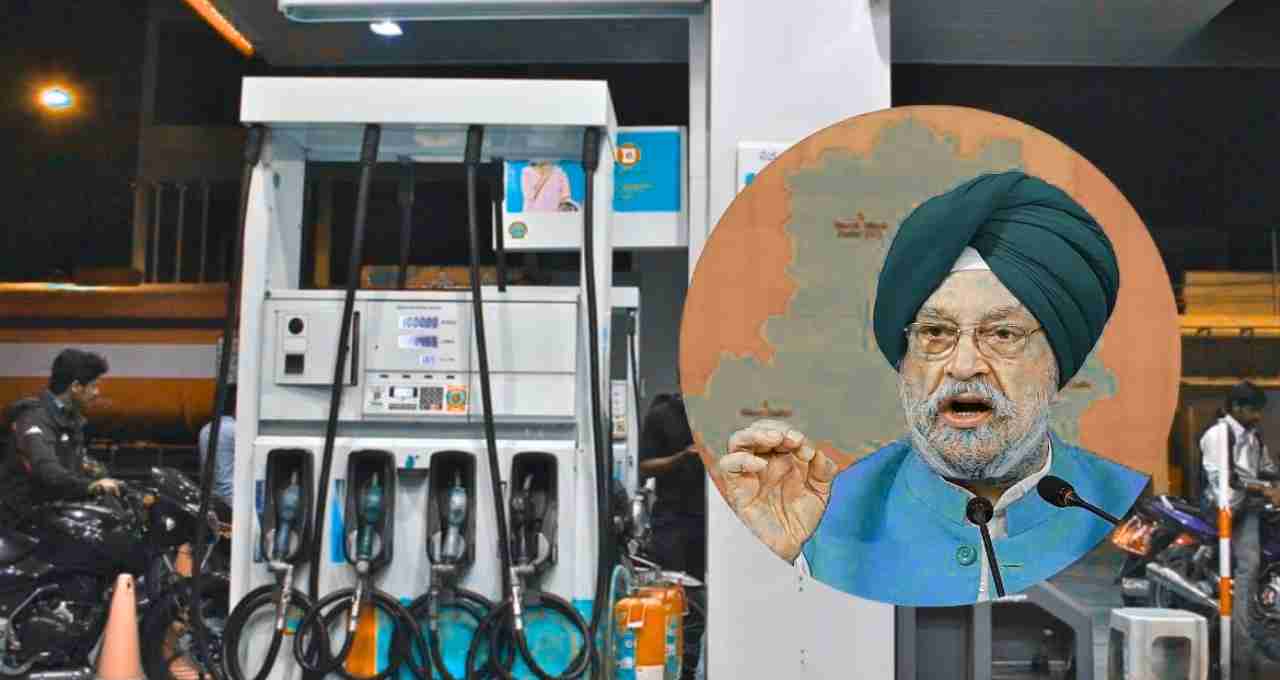
The recent US attack on three Iranian nuclear sites has prompted Iran to suggest it might close the Strait of Hormuz. If this occurs and the waterway is blocked, global crude oil supply will be severely affected. International crude oil prices have already surpassed $91 per barrel, and experts predict they could rise above $105.
India's Strategy and the Petroleum Minister's Statement
Amidst the escalating crisis, Union Minister of Petroleum and Natural Gas, Hardeep Singh Puri, has expressed confidence in India's preparedness. He stated that the Indian government has been closely monitoring events in West Asia for the past two weeks. He highlighted that India has diversified its oil supply sources over the past few years and is no longer solely reliant on Gulf nations.
According to Puri, India now imports significant quantities of oil from countries like Brazil, Russia, the US, and West Africa. Furthermore, Indian oil marketing companies possess sufficient reserves for approximately 25 days, enabling them to manage any immediate crisis.
Will Petrol and Diesel Prices Rise?
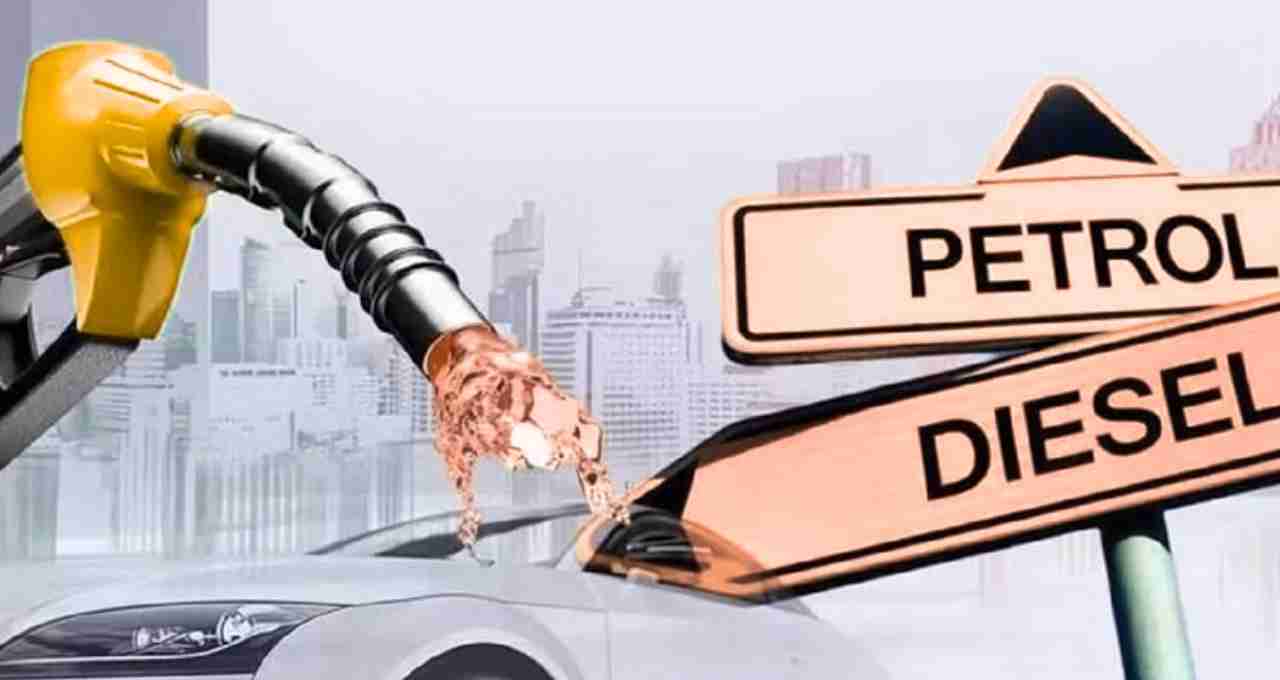
The question arises whether ordinary Indians will face a surge in petrol and diesel prices. Experts believe that if crude oil prices exceed $105 per barrel and the crisis lasts more than a week, the government will need to review its options.
Sources suggest the central government may consider reducing excise duty to mitigate the burden on consumers. However, this decision will depend on crude oil prices and the global situation.
Potential Impact on the Global Economy
A prolonged closure of the Strait of Hormuz would impact not only India but the global economy. Disruption to the waterway would affect not only oil but also LNG (liquefied natural gas) supplies. This could lead to increased shipping costs, insurance premiums, and production costs.
Experts believe this situation could fuel global inflation and put pressure on countries' monetary policies. The situation could be particularly severe for India, a developing economy with significant import dependence.
Investor and Company Reactions
The surge in oil prices is impacting stock markets. While energy sector companies are seeing their shares rise, declines are observed in the automobile, aviation, and transport sectors. Investors are currently shifting towards safer options like gold and the dollar.
Refining companies, such as Indian Oil, Bharat Petroleum, and Hindustan Petroleum, are also on high alert regarding the supply chain. They are developing strategies to ensure supplies through alternative routes.
Government Preparedness and Alternative Measures
The Indian government is exploring several options to address the crisis:
- Global Cooperation: Maintaining contact with the US, Russia, and other oil-producing countries.
- Strategic Storage: Utilizing India's strategic oil storage capacity if needed.
- Alternative Routes: Identifying and utilizing alternative sea routes for fuel imports.
- Tax Policy Flexibility: Making timely adjustments to excise duty and other taxes to stabilize prices.
